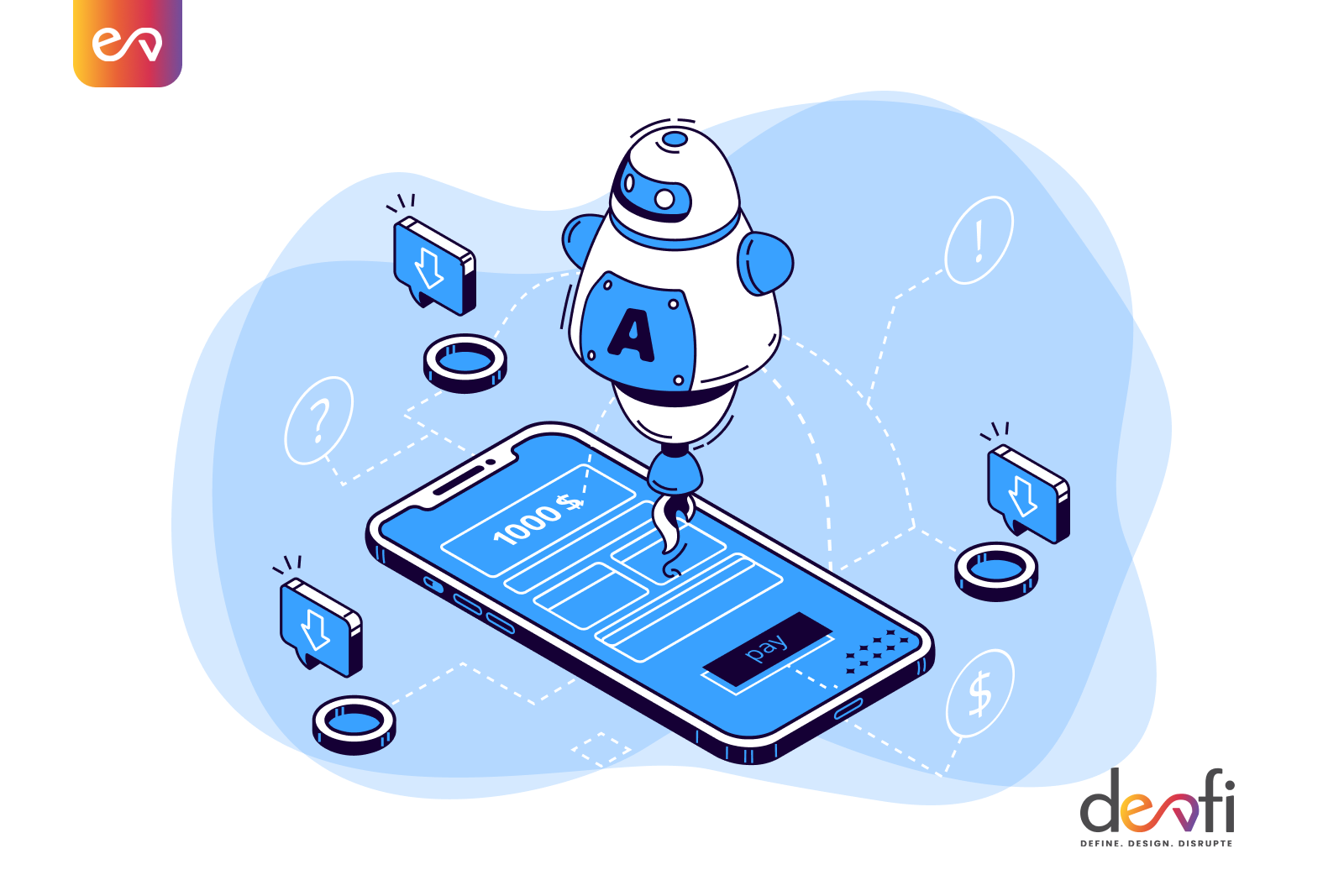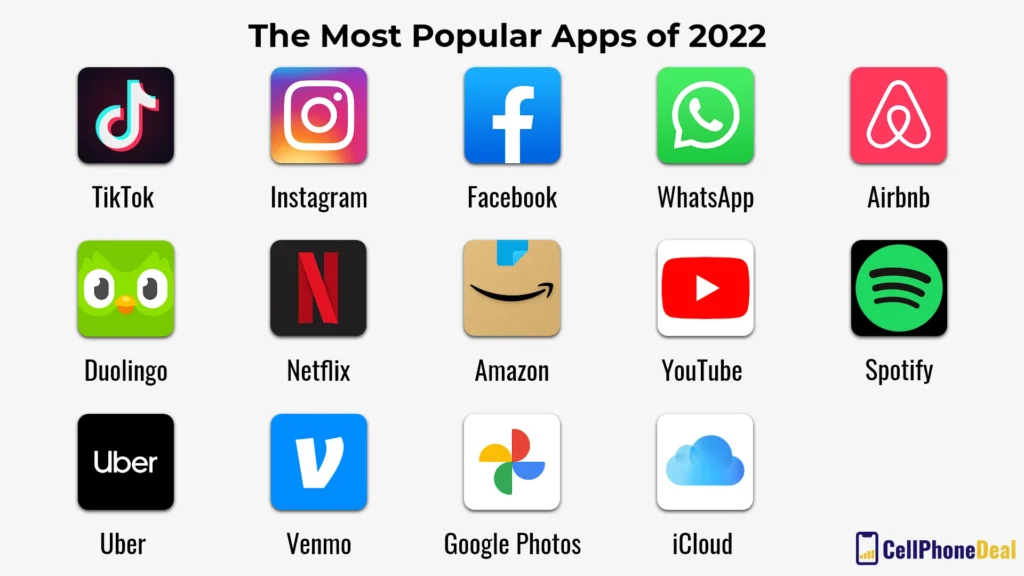In today’s fast-paced digital landscape, AI-powered mobile apps transforming user experience have become a game-changer for businesses and consumers alike. These innovative applications leverage artificial intelligence to deliver personalized, intuitive, and efficient interactions that cater to individual user needs. By harnessing the power of machine learning and data analytics, these apps are not only enhancing user satisfaction but also driving engagement and loyalty in an increasingly competitive market.
As we delve deeper into the world of AI-powered mobile applications, you will discover how these technologies are reshaping the way we interact with our devices. From intelligent virtual assistants that anticipate our needs to smart recommendations that enhance our shopping experiences, the potential of AI is vast and varied. This article will explore the key features and benefits of these applications, highlighting real-world examples that illustrate their transformative impact on user experience.
Moreover, we will discuss the challenges and considerations that developers face when integrating AI into mobile apps, as well as the future trends that are set to redefine the landscape of mobile technology. Whether you are a tech enthusiast, a business owner, or simply curious about the latest advancements in mobile applications, this article promises to provide valuable insights and inspire you to embrace the future of AI-driven user experiences. So, read on to uncover the exciting possibilities that lie ahead!
Personalization Through AI Algorithms
AI-powered mobile apps are revolutionizing user experience by leveraging advanced algorithms to deliver personalized content. These algorithms analyze user behavior, preferences, and interactions to tailor recommendations that resonate with individual users. For instance, streaming services like Netflix and Spotify utilize AI to suggest movies and music based on past consumption patterns, enhancing user engagement and satisfaction.
Moreover, personalization extends beyond content recommendations. E-commerce platforms employ AI to customize shopping experiences, presenting users with products that align with their tastes and previous purchases. This level of personalization not only improves user experience but also drives conversion rates, as users are more likely to engage with content that feels relevant to them.
Enhanced Customer Support with Chatbots
Another significant transformation in user experience is the integration of AI-powered chatbots in mobile apps. These virtual assistants provide instant support, answering user queries and resolving issues in real-time. By utilizing natural language processing (NLP), chatbots can understand and respond to user inquiries in a conversational manner, making interactions feel more human-like.
Furthermore, chatbots can operate 24/7, ensuring that users receive assistance whenever they need it. This not only enhances user satisfaction but also reduces the workload on human customer service representatives. As a result, businesses can allocate resources more efficiently while maintaining high levels of customer support.
Predictive Analytics for Improved User Engagement
AI-powered mobile apps utilize predictive analytics to anticipate user needs and behaviors, significantly enhancing user engagement. By analyzing historical data, these apps can forecast future actions, allowing them to proactively offer features or content that users are likely to appreciate. For example, fitness apps can predict when users are most likely to work out and send reminders or motivational messages accordingly.
This proactive approach not only keeps users engaged but also fosters a sense of loyalty. When users feel that an app understands their habits and preferences, they are more likely to continue using it. Predictive analytics thus plays a crucial role in creating a seamless and enjoyable user experience.
Voice Recognition and Natural Language Processing
The integration of voice recognition technology in AI-powered mobile apps is transforming how users interact with their devices. With the rise of virtual assistants like Siri and Google Assistant, users can now perform tasks hands-free, making the experience more convenient and efficient. This technology allows users to search for information, send messages, or control smart home devices using simple voice commands.
Natural language processing (NLP) further enhances this experience by enabling apps to understand and interpret user intent accurately. As a result, users can communicate with their devices in a more natural and intuitive way, reducing the friction often associated with traditional input methods. This shift towards voice interaction is particularly beneficial for users with disabilities, as it provides them with greater accessibility and ease of use.
Data Security and Privacy in AI Applications
As AI-powered mobile apps become more prevalent, concerns regarding data security and privacy are increasingly important. Users are often wary of how their personal information is collected, stored, and utilized by these applications. To address these concerns, developers must implement robust security measures and transparent data practices.
AI can also play a role in enhancing security by identifying unusual patterns of behavior that may indicate a security breach. For instance, financial apps can use AI to monitor transactions in real-time, alerting users to any suspicious activity. By prioritizing data security and privacy, developers can build trust with users, ultimately leading to a more positive user experience.
| Aspect | Description |
|---|---|
| Personalization | AI algorithms analyze user behavior and preferences to deliver tailored content and recommendations, enhancing user engagement. |
| Voice Assistants | Integration of AI-driven voice recognition allows users to interact with apps through voice commands, making navigation easier and more intuitive. |
| Predictive Analytics | AI tools predict user needs and behaviors, enabling apps to proactively offer solutions or content, improving overall user satisfaction. |
| Enhanced Security | AI enhances security features through biometric authentication and anomaly detection, ensuring user data is protected. |
| Chatbots | AI-powered chatbots provide instant customer support, answering queries and resolving issues in real-time, thus improving user experience. |
| Augmented Reality (AR) | AI enhances AR experiences by recognizing objects and environments, allowing for interactive and immersive user experiences. |
| Accessibility | AI tools improve accessibility features, such as text-to-speech and speech-to-text, making apps usable for individuals with disabilities. |
| Data Insights | AI analyzes user data to provide insights for app developers, helping them to refine features and improve user engagement. |



